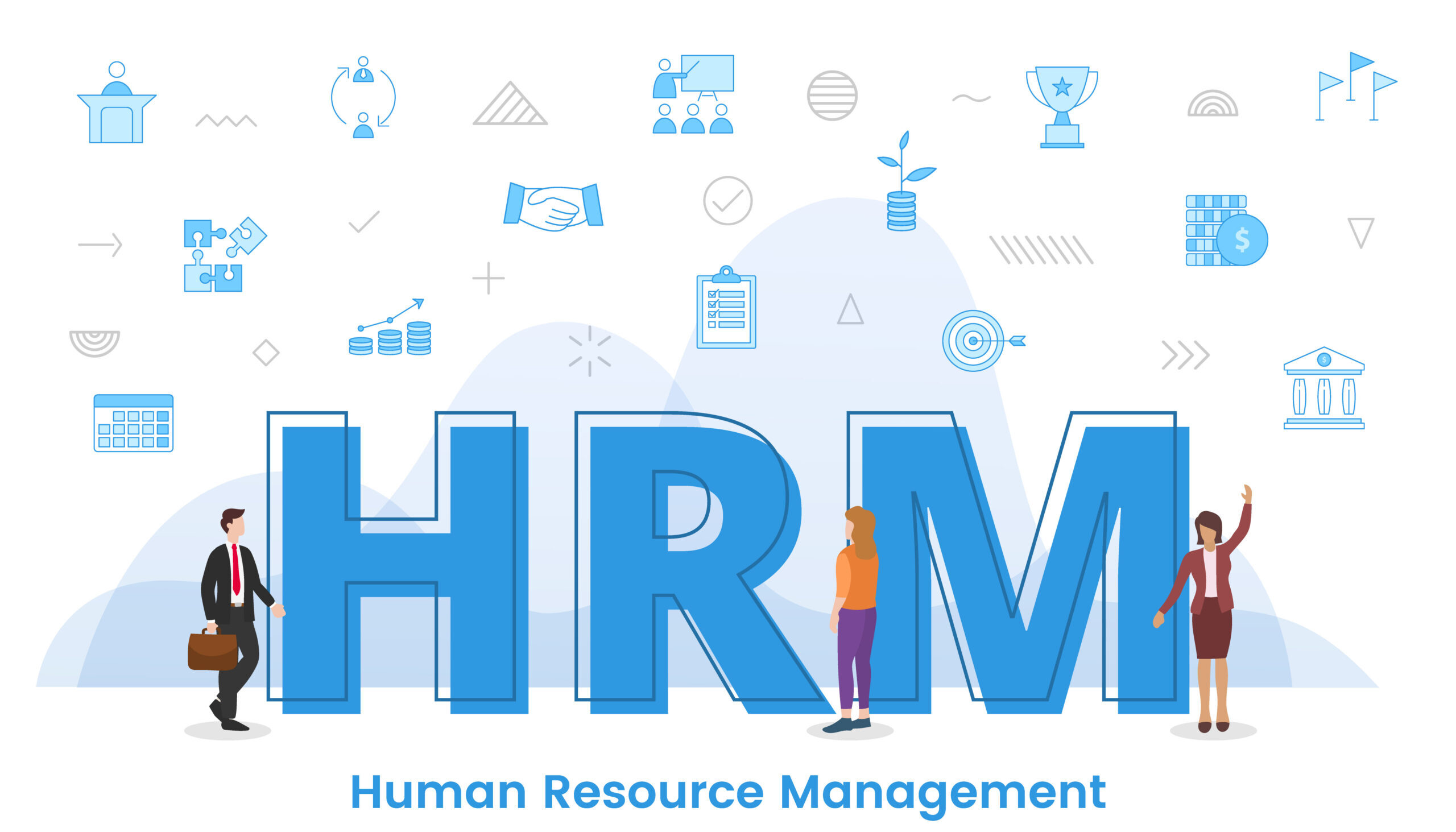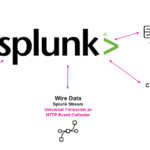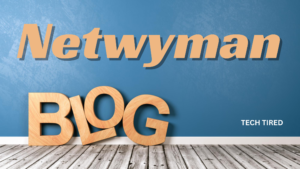Reputation House Employee Reviews: Using HRM to Make Your Company Attractive
- 1 Reputation House, Employee Reviews, and HR Brand
- 2 Components of an HR Brand
- 3 Advantages of a Strong HR Brand
- 3.1 1. Attracts Top Talent
- 3.2 2. Improves Employee Retention
- 3.3 3. Enhances Employee Engagement and Commitment
- 3.4 4. Builds Organizational Competency
- 3.5 5. Reduces Recruitment Costs
- 3.6 6. Improves Reputation Across Stakeholders
- 3.7 7. Fosters a Positive Work Culture
- 3.8 8. Leverages Employee Reviews and Feedback
- 3.9 9. Drives Business Performance
- 4 What is EVP (Employee Value Proposition)?
- 5 Stages of HR Brand Development
Reputation House, an online reputation management company, fully understands the importance of employee feedback and its impact on an organization’s reputation. As an agency dealing with employee reviews, Reputation House uses the HRM (Head Research Management) tool to assist companies in developing a powerful HR brand that will attract and retain employees. In this article, we will explain the concept, why HR should have a strong brand, and how Reputation House and SERM can support your company to develop a powerful HR brand.
Reputation House, Employee Reviews, and HR Brand

Like you would advertise any product or service, your company must also advertise itself to prospective employees. That, in essence, is your HR brand. Basically, besides whatever other professional activities you’re engaged in, you also have to be aware of how your company as an employer is being perceived online to get the best employees and keep the ones you need. Companies like Reputation House assist in controlling this environment.
Components of an HR Brand
A strong HR brand is built on internal and external factors, each vital in how a company is perceived.
Internal HR Brand
The internal HR brand focuses on the company employees’ perceptions of the company. It includes the organization’s culture, workplace, employee motivation, and the whole employee life cycle. Positive employee reviews within the company contribute to a solid internal HR brand, enhancing job satisfaction and reducing turnover. Reputation House employee reviews management helps businesses gather and analyze this feedback to identify areas for improvement and reinforce strengths.
External HR Brand
The external HR brand is the company’s image of its potential employees and society. It comprises the reputation of the company in the market, the job postings, and how the company’s culture matches the candidates. Reputation and House SERM strategies are crucial in managing this external brand by ensuring that positive employee experiences and company values are displayed in search engine results, influencing the perception of potential candidates.
Advantages of a Strong HR Brand

A well-developed HR brand is a crucial asset for any organization. It enhances the company’s reputation and directly contributes to its overall success by improving employee engagement, retention, and talent acquisition. Below are the key advantages of cultivating a solid HR brand, presented in a clear and structured format.
1. Attracts Top Talent
A robust HR brand positions the organization as an ideal workplace that attracts high-quality candidates. When potential employees perceive the company as a place that values its workforce, offers growth opportunities, and provides a positive work environment, building a pool of talented applicants becomes easier. This also reduces the cost and effort of recruitment.
- Employer of Choice: Companies with strong HR brands are often considered employers of choice, making them more appealing to job seekers.
- Faster Recruitment Process: A positive HR brand accelerates the recruitment process, as top candidates are more likely to accept offers from companies with a stellar reputation.
2. Improves Employee Retention
Satisfied employees are far less likely to leave an organization, reducing turnover rates. A strong HR brand fosters loyalty by promoting a supportive work environment, clear career growth paths, and employee well-being. This leads to reduced costs associated with hiring and training new employees.
- Lower Turnover Rates: Employees stay longer, cutting costs related to recruitment and onboarding.
- Increased Loyalty: Happy employees are more likely to remain committed, leading to long-term retention.
3. Enhances Employee Engagement and Commitment
Employees who feel valued and appreciated are more engaged and committed to their roles. A strong HR brand encourages a culture where employees feel motivated, resulting in higher productivity and better overall business performance. Engaged employees are also more likely to be advocates for the company, further strengthening the HR brand.
- Boosted Morale and Motivation: A positive brand leads to higher job satisfaction, which enhances productivity and creativity.
- Commitment to Business Goals: Engaged employees are more likely to be aligned with the company’s objectives, contributing to better organizational performance.
4. Builds Organizational Competency
A strong HR brand enhances the company’s employer and business entity competency. It positions the organization as an excellent workplace and a competent and successful player in its industry. This strengthens the company’s image in the eyes of employees, customers, investors, and the public.
- Reputation as a Competent Employer: Companies with strong HR brands are seen as leaders in their field, attracting more clients and business partners.
- Positive Investor Perception: Investors are likelier to trust and invest in companies that demonstrate a solid organizational culture and a satisfied workforce.
5. Reduces Recruitment Costs
A well-established HR brand reduces the need for costly recruitment strategies. With a positive image in the job market, candidates are naturally drawn to the organization, resulting in fewer resources spent on advertising vacancies or sourcing candidates through external agencies.
- Cost Efficiency: A positive HR brand allows for organic talent attraction, reducing the dependency on external recruiters.
- Increased Employee Referrals: Employees at companies with strong HR brands are more likely to refer others, lowering recruitment expenses.
6. Improves Reputation Across Stakeholders
A strong HR brand influences current and prospective employees and shapes the organization’s reputation among customers, investors, and the general public. A good HR brand reflects positively on the company’s values, making attracting clients easier, maintaining investor confidence, and enhancing public relations.
- Customer Trust: Consumers are more likely to support companies that treat their employees well.
- Investor Confidence: A strong HR brand signals organizational stability, encouraging investment.
7. Fosters a Positive Work Culture
A strong HR brand promotes a positive work culture where employees feel valued and supported. This culture reflects higher job satisfaction, better team dynamics, and a more collaborative work environment.
- Improved Team Collaboration: A positive environment fosters teamwork and innovation, benefiting the organization’s growth.
- Better Work-Life Balance: Employees in companies with strong HR brands often report better work-life balance, enhancing overall well-being.
8. Leverages Employee Reviews and Feedback
Reputation House’s employee review management can be valuable in ensuring that current and prospective employees view the company positively. Managing online reviews and feedback effectively contributes to a positive HR brand by highlighting employees’ positive experiences and addressing areas of improvement.
- Transparency: A strong review management strategy demonstrates transparency and accountability, strengthening the HR brand.
- Positive Employer Reviews: Positive reviews improve the company’s standing in the job market, making it easier to attract top talent.
9. Drives Business Performance
Ultimately, a strong HR brand drives business performance. Engaged, loyal employees who feel proud of their workplace are more productive, innovative, and committed to helping the company achieve its goals. This, in turn, leads to better financial performance and a more competitive position in the market.
- Increased Productivity: Engaged employees work more efficiently, improving business outcomes.
- Innovation and Growth: Employees in a positive work environment are likelier to contribute innovative ideas that drive company growth.
What is EVP (Employee Value Proposition)?
Employee Value Proposition (EVP) is the bundle of rewards an organization offers employees in exchange for work. HR brand is a promise the organization makes to the employee; therefore, an impressive EVP is crucial to a strong HR brand. The EVP is an essential concept, and Reputation House assists companies in developing and communicating their EVP to attract the right talent in the market.
Stages of HR Brand Development

Building a solid HR brand is crucial for attracting and retaining top talent while aligning your organizational culture with business objectives. Developing an HR brand is a multi-stage process that requires thoughtful planning, execution, and ongoing refinement. Below are the enhanced stages of HR brand development:
1. Assessment: Understanding the Current Perception
The first stage is to assess the existing perception of your HR brand, both internally among employees and externally in the job market. This involves gathering insights through employee surveys, exit interviews, and external employer review platforms like Glassdoor or Indeed. The goal is to understand how the company is viewed regarding employee satisfaction, workplace culture, and overall brand reputation. Questions to consider include:
- How do current employees describe the workplace?
- What do prospective candidates think about the company?
- Are there any gaps between internal culture and external perception?
At this stage, a thorough SWOT analysis (Strengths, Weaknesses, Opportunities, Threats) can be instrumental in identifying key areas for improvement.
2. Strategy Development: Crafting an Aligned HR Brand Strategy
The next step is to develop a robust HR brand strategy based on the assessment. This strategy should align with the company’s core values, long-term business goals, and desired workplace culture. Reputation management experts like Reputation House can assist in formulating a strategy that highlights the positive aspects of your brand while addressing areas of concern.
Key elements of the strategy include:
- Employee Value Proposition (EVP): Define what differentiates your company from competitors. What benefits do employees gain by working here? This should reflect compensation, career growth, work-life balance, and the company’s mission.
- Cultural Alignment: Ensure that the HR brand mirrors the internal culture and fosters the right environment for growth and innovation.
- Target Audience: Identify the ideal candidate profile and tailor your messaging to attract this talent pool.
- Communication Plan: Develop a comprehensive communication plan to showcase the company’s values through various channels, including the website, social media, and job advertisements.
3. Implementation: Bringing the HR Brand to Life
Once the strategy is in place, it’s time to implement it across all channels where your HR brand interacts with current and potential employees. This stage is about ensuring that your messaging, visuals, and overall employer brand are consistently conveyed across all platforms, including:
- Website & Career Pages: Your website should communicate the company culture and benefits for potential employees. Include employee testimonials, videos, and real-life success stories.
- Social Media: Utilize platforms like LinkedIn, Instagram, and Twitter to engage with talent, share company updates, and highlight employee experiences.
- Job Ads: Your job descriptions should not only outline responsibilities but also emphasize the company’s values and what makes the workplace unique.
- Search Engine Reputation Management (SERM): Tools like Reputation House SERM can help ensure that positive reviews and content about employee experiences are displayed in search results. This boosts credibility and attracts high-quality candidates.
A successful implementation ensures that the HR brand resonates with potential hires and existing employees at every touchpoint, creating a cohesive and positive image.
4. Monitoring and Continuous Improvement: Adapting to Feedback
An HR brand is not static—it evolves with changing market conditions, employee feedback, and company growth. Ongoing monitoring is essential to keep your brand fresh and relevant. This includes tracking:
- Employee Feedback: Regularly conduct surveys or host focus groups to gain insights into employee sentiment. How do they feel about their roles, management, and culture?
- Employer Reviews: Keep an eye on reviews from platforms like Glassdoor and Indeed and respond constructively to feedback. Acknowledging concerns and making visible improvements can positively impact the brand.
- Key Metrics: Track metrics such as employee retention rates, offer acceptance rates, and overall satisfaction scores to measure the success of your HR brand strategy.
- Market Trends: Stay informed about industry trends and changes in employee expectations (e.g., remote work, flexible schedules) to refine your HR brand strategy accordingly.
Continuous improvement in response to feedback and market shifts will ensure your HR brand stays competitive and attractive.
Having a powerful HR brand to capture the best employees would be beneficial. By specializing in SERM and offering a full range of reputation management services, Reputation House assists companies in developing and maintaining a brand that will attract HR talent both within the organization and outside of it. Through Reputation House employee review management and ensuring that commendations are seen on the internet, Reputation House makes the management of your organization a model employer. If you want to strengthen your HR brand and enhance your image in the labor market as an attractive employer, then Reputation House is an ideal partner for you.
















